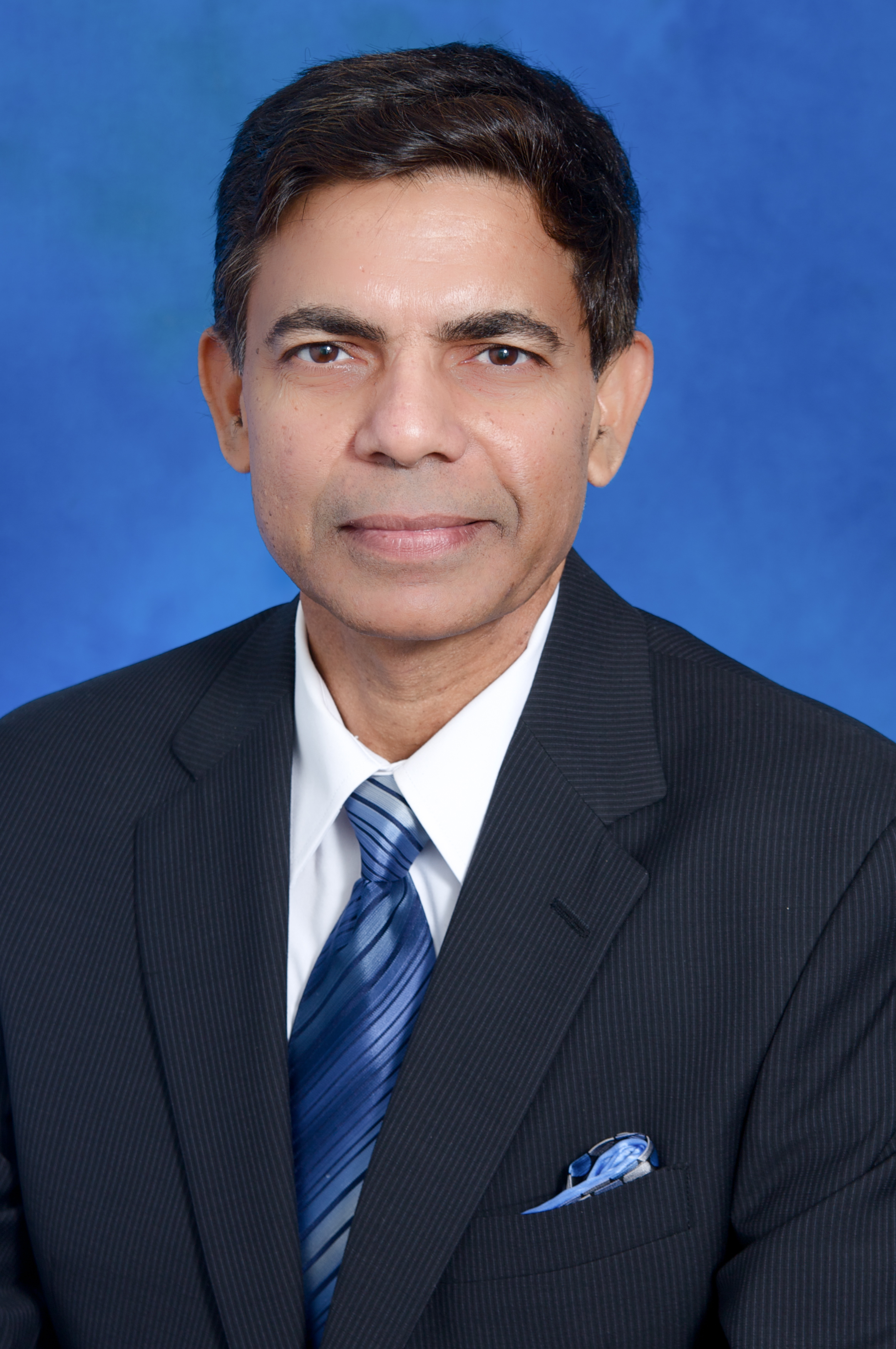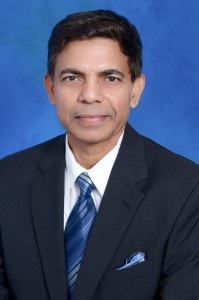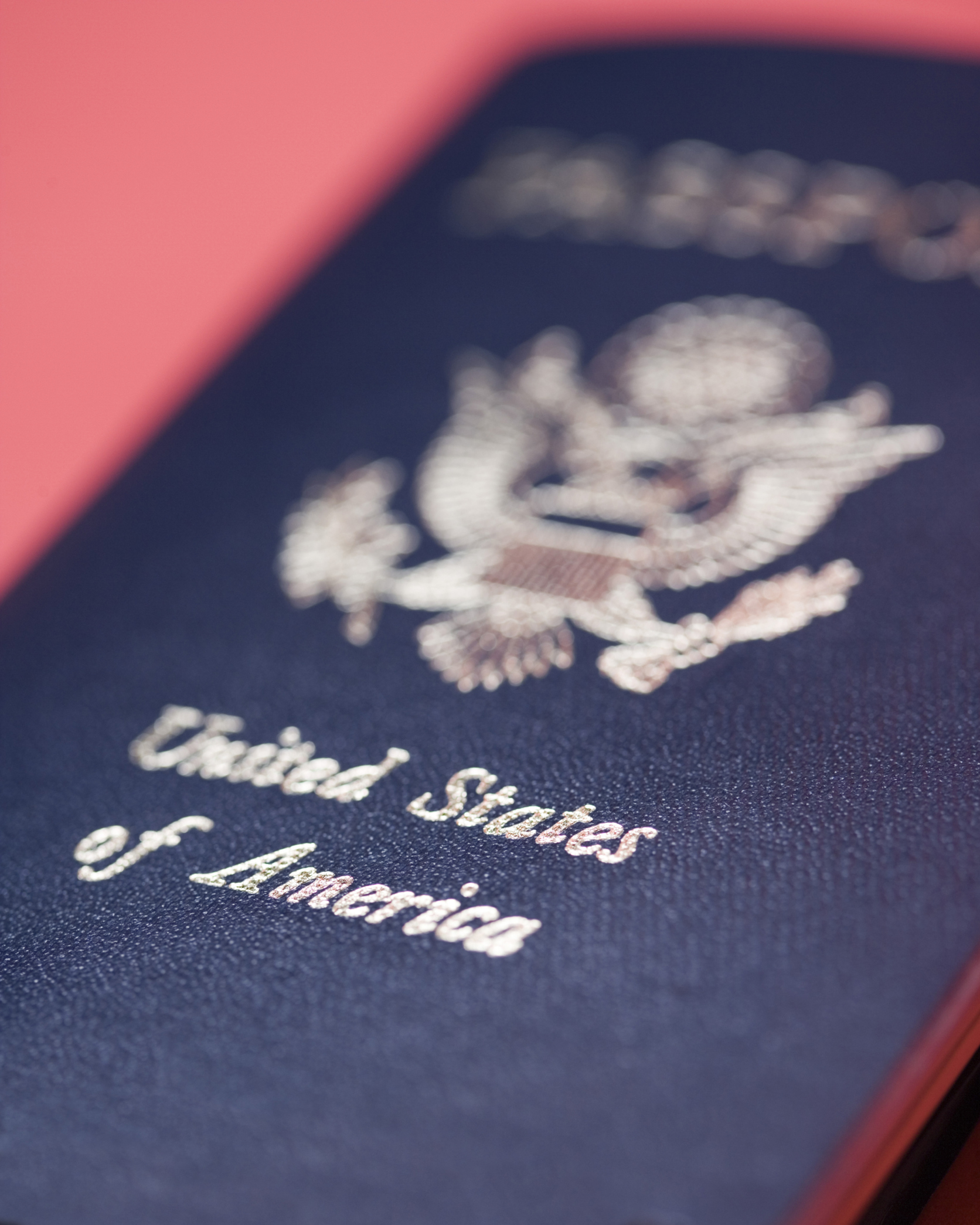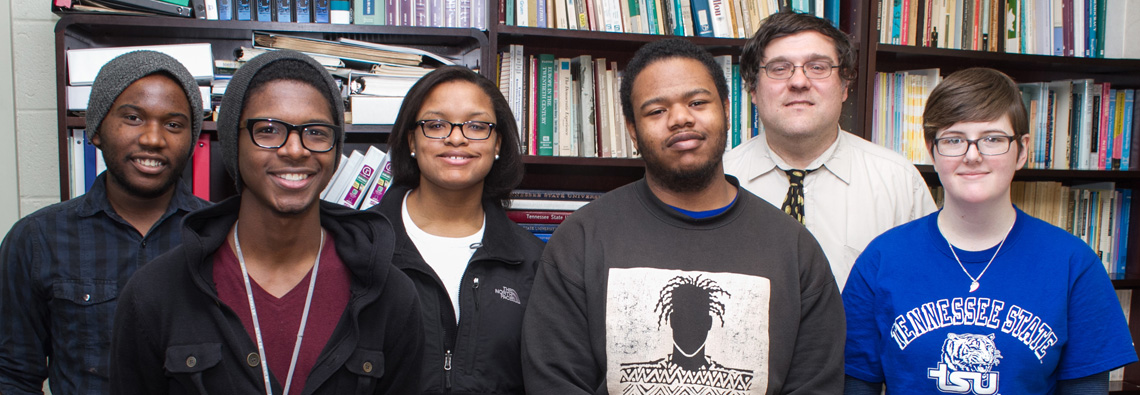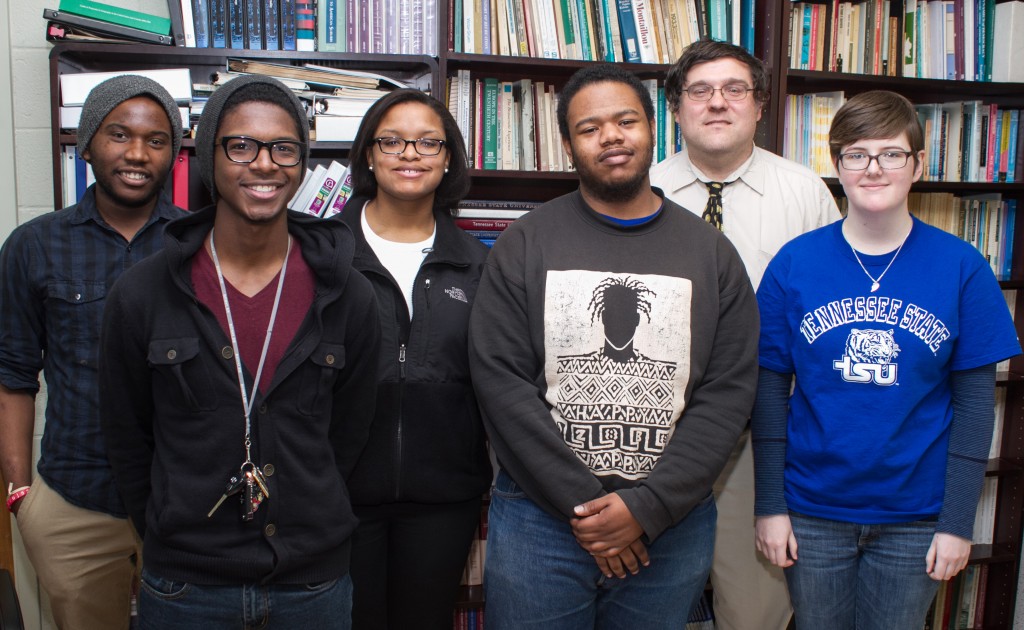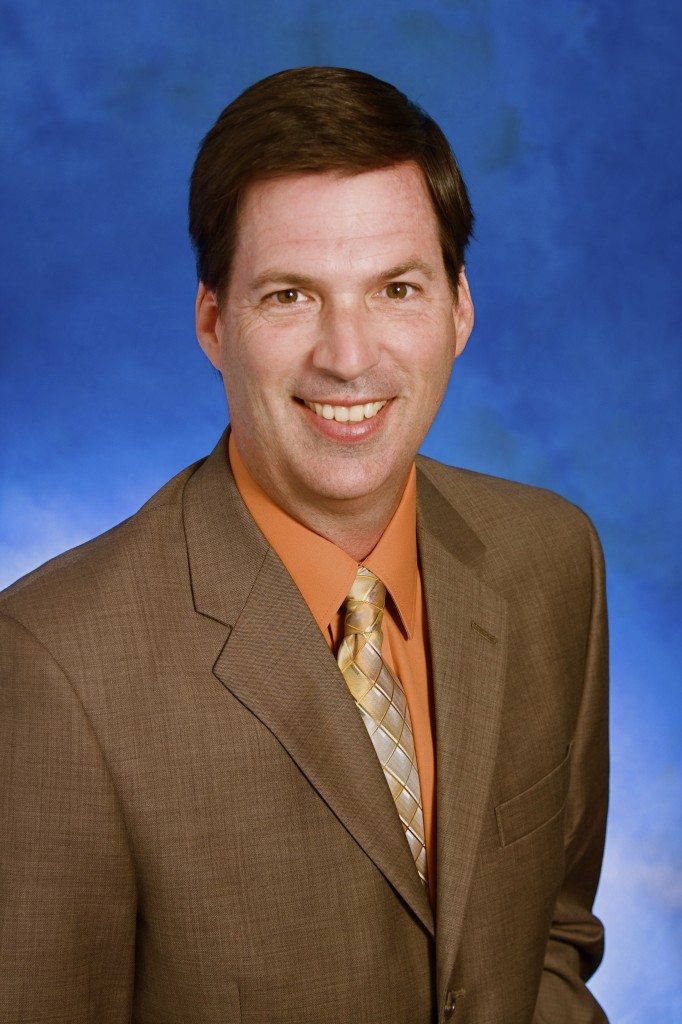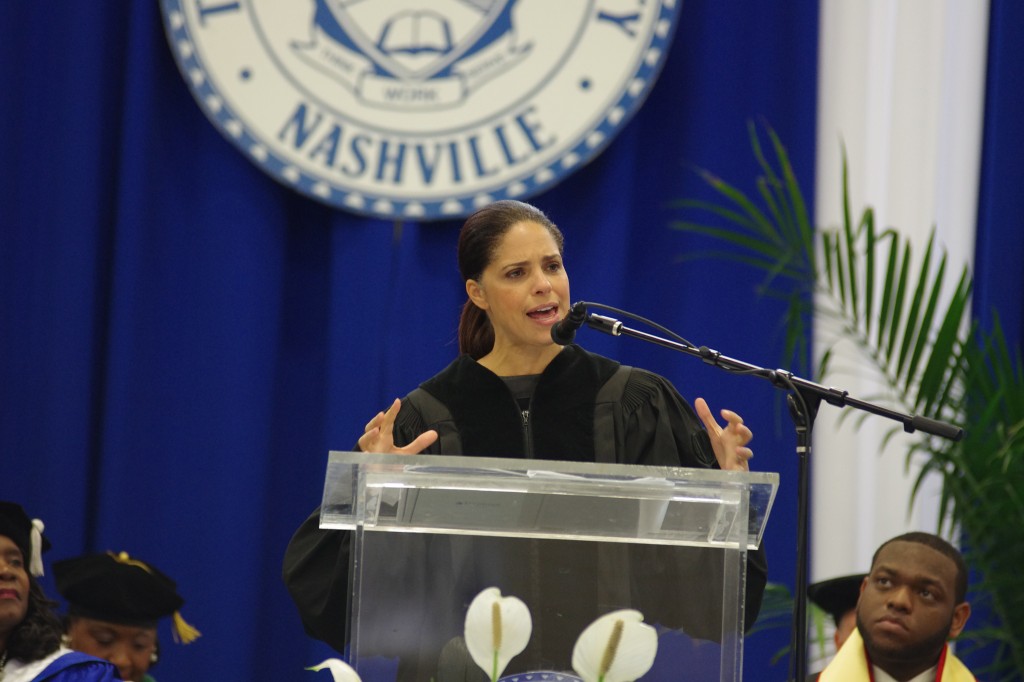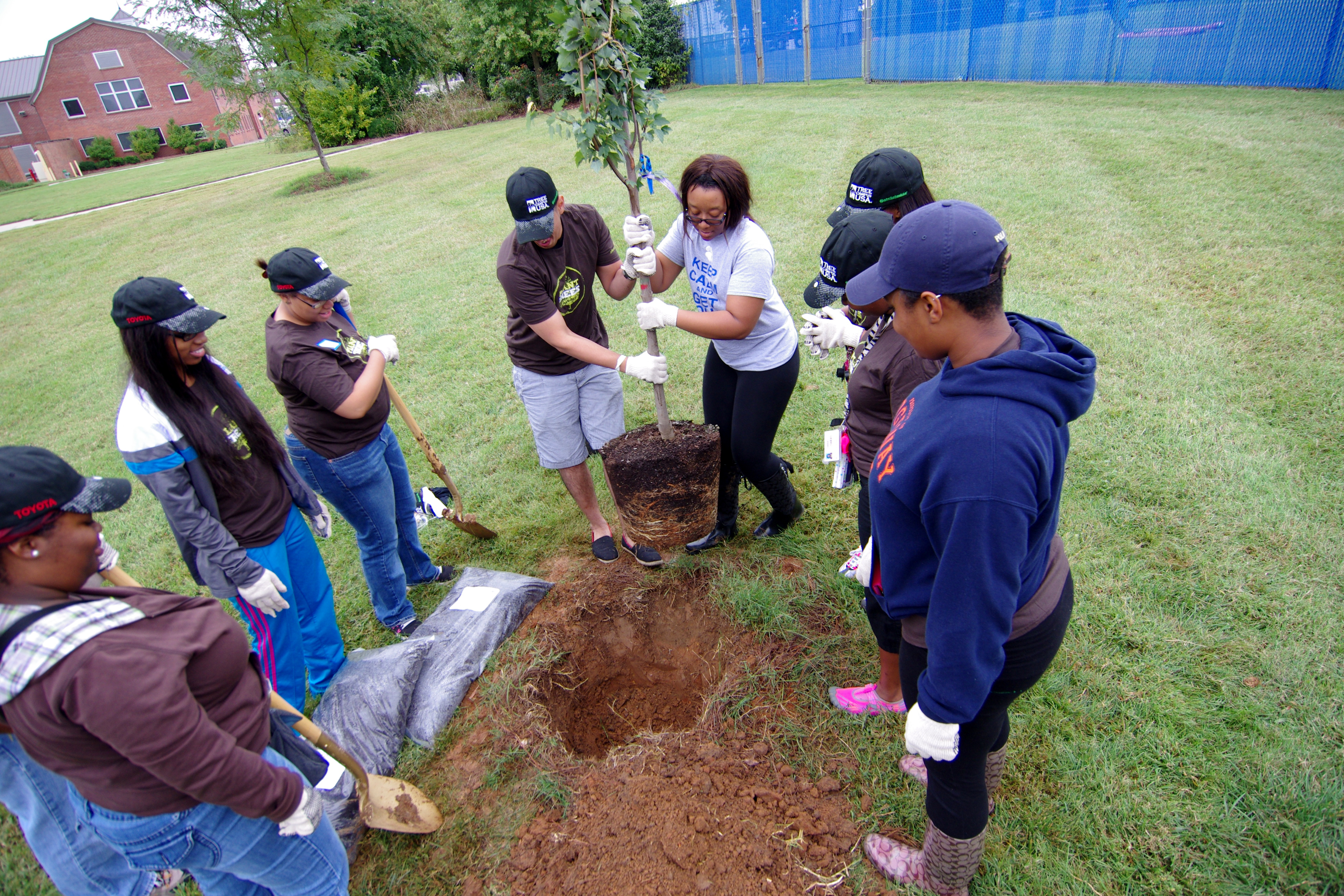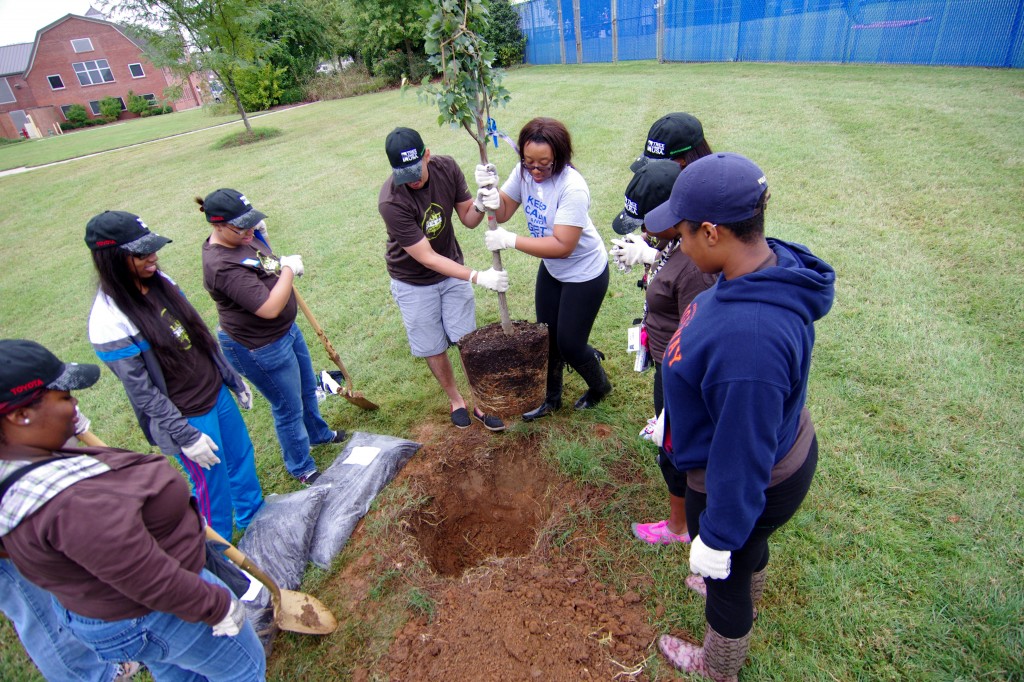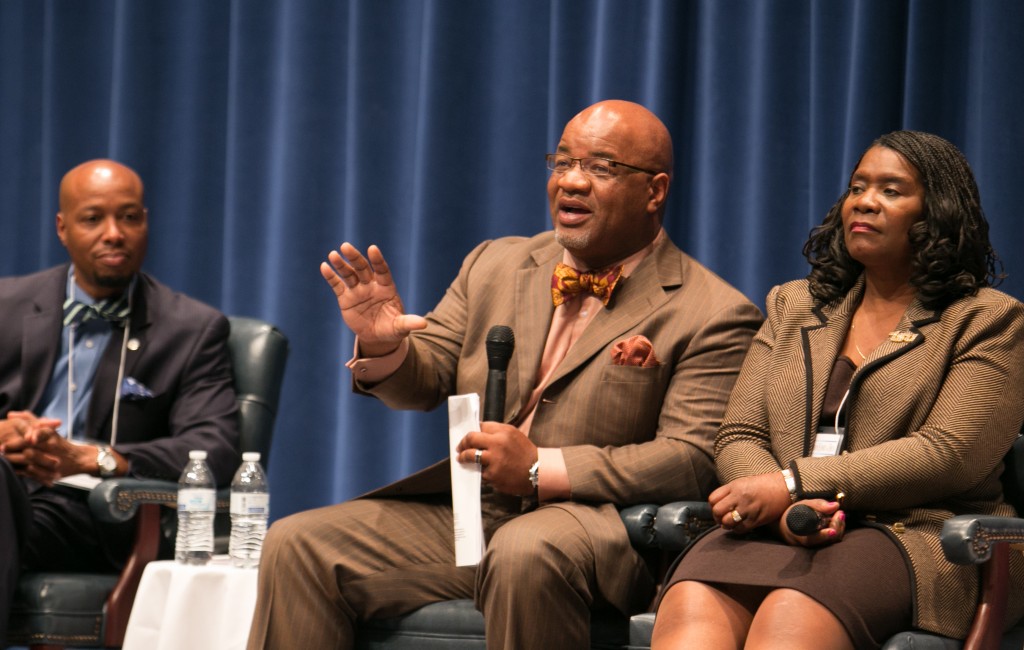NASHVILLE, Tenn. (TSU News Service) – The College of Agriculture, Human and Natural Sciences (CAHNS) at Tennessee State University will host the sixth annual CAHNS Week celebration from April 7-11 with activities that highlight the importance of agriculture in Middle Tennessee and the importance of the programs offered at the college.
CAHNS Week provides each department in the College with a forum to highlight student and faculty success stories, and draw attention to important issues in their respective fields. Additionally, one day is dedicated specifically to students with a career fair and a cookout. The week culminates with an awards luncheon recognizing the outstanding contributions of students, faculty and staff.
The week will kick off Monday, April 7 when the College formally announces a new Professional Science Master’s program in Applied Geospatial Information Sciences at 1 p.m. in the Farrell-Westbrook auditorium.
Other events during the week include:
- Family and Consumer Sciences Day takes place on Tuesday, April 8, and features an “Encouraging Outdoor Play” fashion show, and a “Fruit and Friends” puppet show at 10 a.m. and 10:30 a.m., respectively in the Farrell-Westbrook auditorium, and a “Healthy Environment/Healthy Citizens” panel discussion at 11:20 a.m. in the Agricultural Information and Technology Center.
- Biological Sciences Day, also takes place on April 8, and features a continental breakfast at 8 a.m. in McCord Hall. Departmental research posters will be on display from 8 a.m. until 4:30 p.m. Dr. Hugh Fentress, assistant professor of biological sciences, will provide the keynote lecture at 1:15 p.m. in Holland Hall, room 110.
- Student Day takes place Wednesday, April 9 with a career fair taking place in the Farrell-Westbrook auditorium from 11 a.m. until 4 p.m. Employers participating include All About Care, Farm Service Agency, State of Tennessee, Tennessee Department of Agriculture, Tennessee Farmers Co-op, National Agricultural Statistics Service, and Natural Resources Conservation Service. A student cookout will be held on the Farrell-Westbrook plaza from 11:30 a.m. to 1:30 p.m. Minorities in Agriculture Natural Resources and Related Sciences (MANRRS) will host a professional development workshop in the Agricultural Information and Technology Center beginning at 4 p.m. The workshop will host a panel discussion titled “The Unspoken Truths about Professionalism.”
- Agricultural and Environmental Sciences Day takes place Thursday, April 10, and features keynote speaker Hubert Hamer, Director of the USDA NASS Statistics Division and TSU alumnus, at 1:30 p.m. with a reception to follow.
- The College Recognition Day and the CAHNS Awards Luncheon takes place Friday, April 11 in the Farrell-Westbrook auditorium. RSVP is required to attend.
- Chemistry Day, due to a scheduling conflict, will be held in the Boswell Science Complex on Thursday, April 17, and features a career fair from 9 a.m. until noon, tours of the Chemistry Dept. from 9:15 a.m. until10 a.m., demonstrations from 10 – 11 a.m. in room 122, a “Chemistry Challenge” game from 11 a.m. until noon in room 112, and a guest lecture from Dr. Ned A. Porter of Vanderbilt University at 2:30 p.m. in the Boswell auditorium. Student research posters will also be displayed throughout the Boswell Complex.
For more information visit www.tnstate.edu/agriculture or contact Brett Seybert at 615.963.5708.
Department of Media Relations
Tennessee State University
3500 John Merritt Boulevard
Nashville, Tennessee 37209
615.963.5331
About Tennessee State University
With nearly 9,000 students, Tennessee State University is Nashville’s only public university, and is a comprehensive, urban, co-educational, land-grant university offering 38 undergraduate, 22 graduate and seven doctoral programs. TSU has earned a top 20 ranking for Historically Black Colleges and Universities according to U.S. News and World Report, and rated as one of the top universities in the country by Washington Monthly for social mobility, research and community service. Founded in 1912, Tennessee State University celebrated 100 years in Nashville during 2012. Visit the University online at tnstate.edu.
